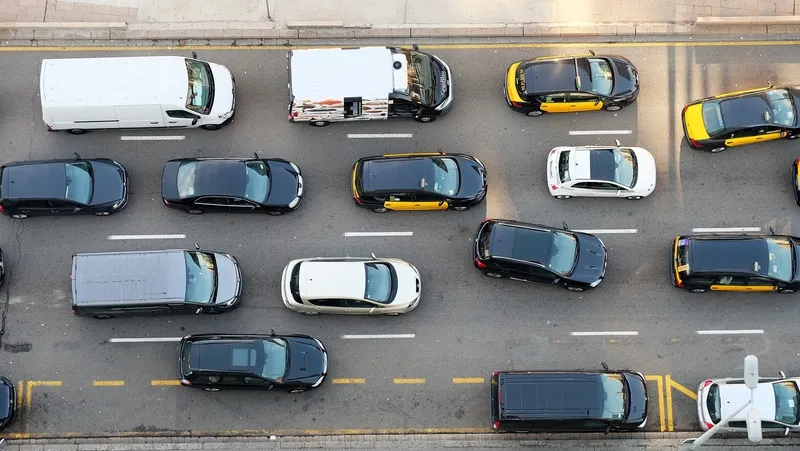Germany’s federal government has approved a draft law allowing for autonomous cars to be driven on German streets, says Germany Trade & Invest, the federal economic development agency. Crucially within the law, responsibility for mishaps continued to rest firmly in the hands of the driver, but allows for the driver to hand control the vehicle to its own control system in certain situations and for certain periods of time. The draft law also stipulates that the driver must be able to instantly override or de
February 1, 2017
Read time: 2 mins
Germany’s federal government has approved a draft law allowing for autonomous cars to be driven on German streets, says 5444 Germany Trade & Invest, the federal economic development agency. Crucially within the law, responsibility for mishaps continued to rest firmly in the hands of the driver, but allows for the driver to hand control the vehicle to its own control system in certain situations and for certain periods of time. The draft law also stipulates that the driver must be able to instantly override or deactivate the system at any time.
In addition, the law would require autonomously driving cars to carry a form of ‘black box’, which would record all driving data and be decisive in disputes over liability should the autonomous driving technology fail.
Germany is already preparing to make autonomous driving a reality. Sections of public highway have been approved as live testing zones, while the country has been active in R&D. The institute for the German Economy believes Germany has registered 58 per cent of all global patents in autonomous driving since 2010.
In addition, the law would require autonomously driving cars to carry a form of ‘black box’, which would record all driving data and be decisive in disputes over liability should the autonomous driving technology fail.
Germany is already preparing to make autonomous driving a reality. Sections of public highway have been approved as live testing zones, while the country has been active in R&D. The institute for the German Economy believes Germany has registered 58 per cent of all global patents in autonomous driving since 2010.










